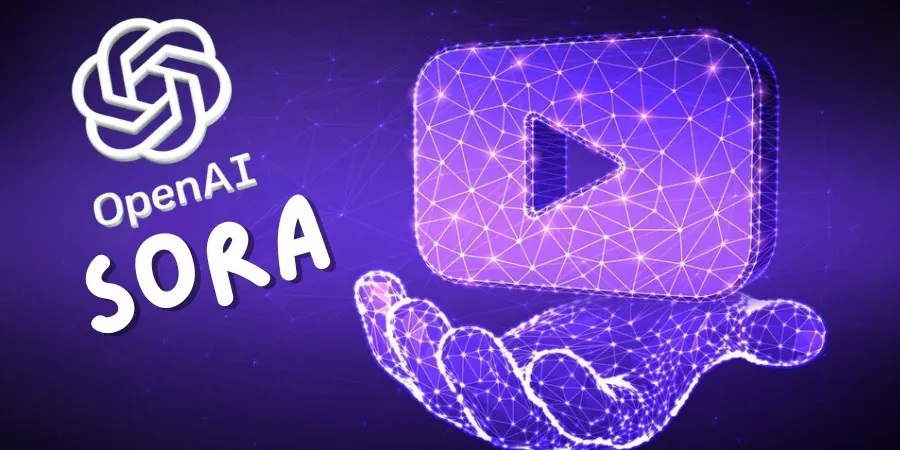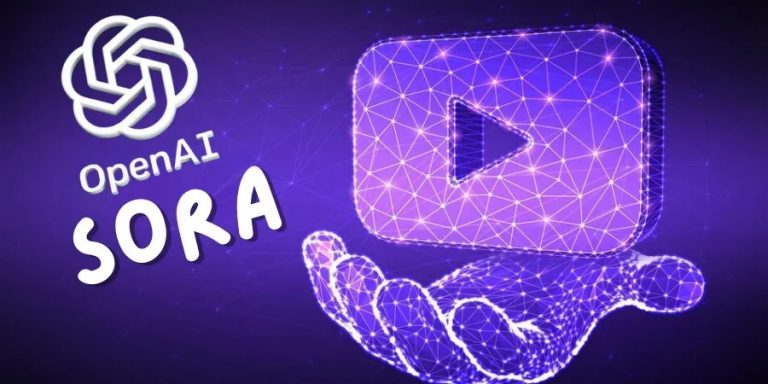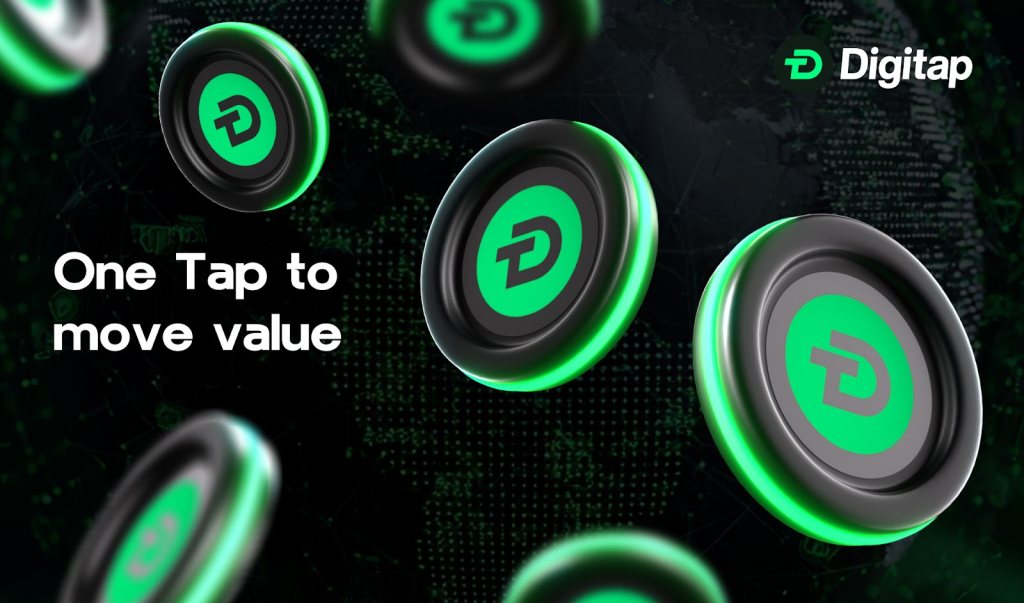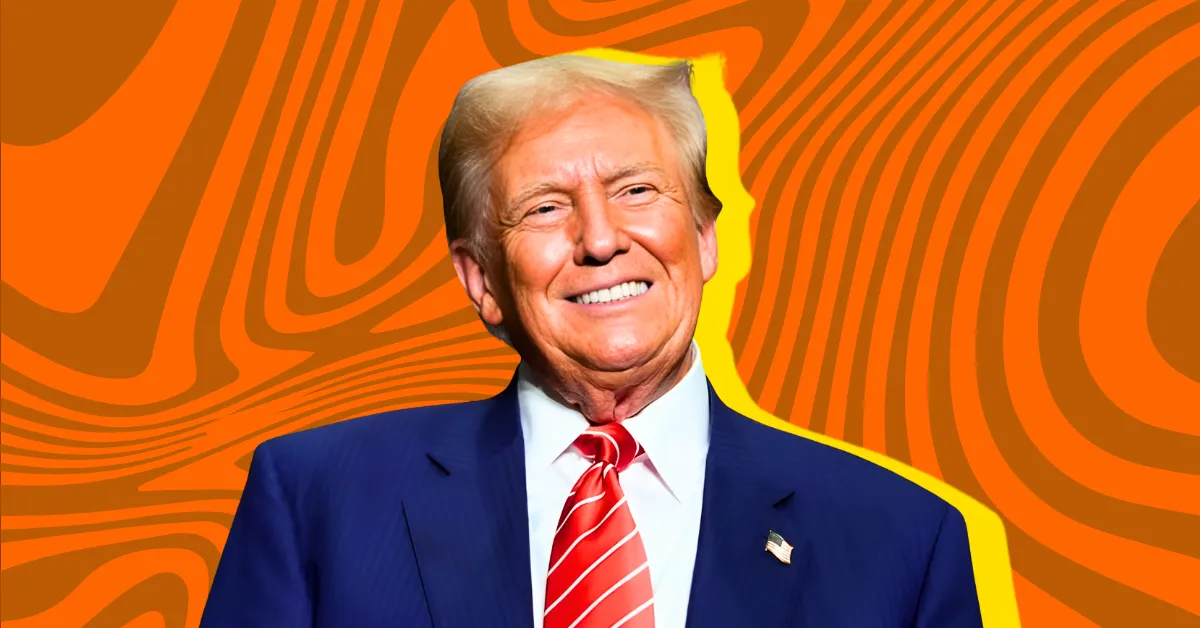MPA Accuses OpenAI of Copyright Breach Over Sora 2 AI Videos as Legal Pressure Mounts on the AI Industry


The Motion Picture Association (MPA) has demanded that OpenAI take “immediate and decisive action” to curb what it calls widespread copyright infringement on its new video creation platform, Sora 2, as pressure mounts on the broader AI industry over unauthorized use of copyrighted works.
The call from the powerful Hollywood lobby group follows an explosion of AI-generated videos circulating online since the release of Sora 2 last week. Users have created short films featuring recognizable characters and scenes lifted from popular franchises, including a viral clip of James Bond playing poker with OpenAI CEO Sam Altman and another showing Nintendo’s Mario character in a police chase rendered in realistic, body cam-style footage.
“Since Sora 2’s release, videos that infringe our members’ films, shows, and characters have proliferated on OpenAI’s service and across social media,” MPA CEO Charles Rivkin said in a statement on Monday.
Register for Tekedia Mini-MBA edition 18 (Sep 15 – Dec 6, 2025): registration continues.
Tekedia AI in Business Masterclass opens registrations.
Join Tekedia Capital Syndicate and co-invest in great global startups.
Register for Tekedia AI Lab: From Technical Design to Deployment.
He emphasized that OpenAI must take full responsibility for copyright protection rather than shifting the burden to creators.
“OpenAI must acknowledge it remains their responsibility – not rightsholders’ – to prevent infringement on the Sora 2 service. Well-established copyright law safeguards the rights of creators and applies here,” Rivkin said.
OpenAI has yet to formally comment on the MPA’s statement, but in a blog post responding to concerns, Altman pledged that the company would soon give rightsholders “more granular control” over how their characters are used. He said OpenAI would transition from its previous opt-out system, which required studios to ask for exclusion from Sora’s dataset, to an opt-in model, meaning copyrighted works could not be used without explicit authorization.

However, Altman admitted that enforcement would take time, noting that “there may be some edge cases of generations that get through that shouldn’t, and getting our stack to work well will take some iteration.”
The confrontation with the MPA is part of a growing wave of legal and ethical scrutiny facing AI companies over how their models are trained and used. Over the past year, several of the world’s largest AI developers — including OpenAI, Google, Anthropic, and Stability AI — have been sued by authors, artists, and media companies who allege that their works were used without consent to train generative models capable of recreating similar styles, characters, or narratives.
Earlier this year, The New York Times filed a landmark lawsuit against OpenAI and Microsoft, accusing them of using millions of its copyrighted articles to train the GPT models that power ChatGPT and Copilot, without payment or permission. Meanwhile, visual artists and photographers have filed separate class-action suits against Stability AI’s Stable Diffusion and Midjourney, alleging that the companies scraped billions of images from the internet in violation of copyright protections.

In June, Disney and Universal sued Midjourney, claiming it used and distributed AI-generated characters from their films despite repeated warnings. Disney followed up in September with a cease-and-desist letter to Character.AI, demanding the company stop using its characters to generate dialogue and digital scenes.
Legal experts say the MPA’s intervention against OpenAI could mark a major inflection point in how copyright laws are applied to AI-generated content. Hollywood studios have long relied on licensing and royalties to protect their intellectual property — a system now being tested by the ability of AI to mimic cinematic production at scale.
The MPA’s statement also underscores broader fears in the entertainment industry that generative AI could erode the value of creative labor. Many film studios, artists, and writers argue that AI companies should be required to obtain licenses before training on creative material. Industry unions, including the Writers Guild of America (WGA) and Screen Actors Guild (SAG-AFTRA), have similarly demanded legal safeguards to prevent AI from replacing human creativity in film and television production.
Sora 2 represents one of OpenAI’s most ambitious product launches, promising the ability to generate lifelike, cinematic-quality videos from text prompts. But as the MPA’s letter makes clear, the technology’s rollout has also placed the company squarely in the middle of one of the most consequential legal battles in the history of digital media.





